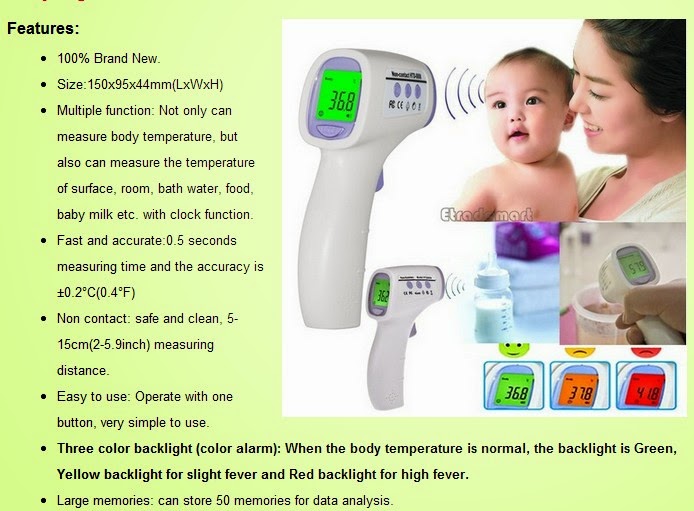A physician with Doctors without Borders (MSF) who returned from West Africa recently and developed potential symptoms is being tested for Ebola at the hospital, health officials said on Thursday, setting off fresh fears about the spread of the virus.
Reuters/Mike Segar
New York City residents are famously hard to faze. They endure terrorist attacks, hurricanes, bedbugs, overcrowded subways and tiny, overpriced apartments to live in one of the most famous cities in the world. Ebola, the deadly disease that has ravaged West Africa and just recently arrived in the U.S., is just one more thing not to worry about, New Yorkers said Friday.
Reuters/Mike Segar
New York City residents are famously hard to faze. They endure terrorist attacks, hurricanes, bedbugs, overcrowded subways and tiny, overpriced apartments to live in one of the most famous cities in the world. Ebola, the deadly disease that has ravaged West Africa and just recently arrived in the U.S., is just one more thing not to worry about, New Yorkers said Friday.
"I know I'll be fine and I'm not getting Ebola or anything, but it's still kind of scary that it's here," East Village college student Kristen Ayers said as she sat on a stoop on East 10th Street. "But I think people should realize that we're not all going to get Ebola now just because of this one guy."
Across New York City Friday, Ebola was the No. 1 topic of conversation after the diagnosis of the city's first Ebola patient. The details of Dr. Craig Spencer's personal life quickly became common knowledge, from the fact that he recently returned from treating Ebola patients in Guinea, to the symptoms he experienced and even the name of the Brooklyn bowling alley he visited Wednesday night.
"Craig A. Spencer, MD, MPH, is an assistant professor of medicine at Columbia University and fellow in international emergency medicine at New York-Presbyterian Hospital. Dr. Spencer recently returned to the U.S. after volunteering with MSF to care for Ebola-stricken patients in the West African country of Guinea. He has not worked at the hospital since returning on October 17."
Harlem construction worker Manuel Soto said he worried about whether the American health system would be able to handle a potential outbreak, but that he wasn't letting it go to his head. "I hope they know what they're doing," he said as he stood with a co-worker, killing time before heading to a construction site on Manhattan's Lower East Side. "I just don't want it to get out of hand like it is in Africa, but the hospitals here are way better than they are there, so I think it will be OK."
Some New Yorkers expressed anger or disbelief that Spencer went bowling at the Gutter in Brooklyn Wednesday night, went to a coffee shop, hired Uber cars and more in the days prior to his Thursday diagnosis at Bellevue Hospital. Retiree Sylvia Seigal, a longtime resident of East Village, said one of the first things she did Friday morning was read the latest developments about Spencer on the Internet. Drinking a cup of coffee near Tompkins Square Park Friday morning, she said she had conflicted feelings about the situation.
"He seems like he was trying to do the right thing, but then he's going all over the place when he knows he's not feeling well," she said. "I know it's hard to spread Ebola, but he really should have just stayed home so we could avoid the whole issue about where he was or wasn't and who he might have come in contact with. ... I'm not too worried myself, but I really do hope it ends soon."
Diana Barbieri was watching dogs play at the Tompkins Square Park dog run Friday morning. "The problem is that he went bowling and out for coffee and everything, and everywhere he went he could have left fluids on a railing or a toilet and that's what's scary," she said.
"I'm trying not to freak out about it, but it's kind of hard not be a little scared."
Diana Barbieri was watching dogs play at the Tompkins Square Park dog run Friday morning. "The problem is that he went bowling and out for coffee and everything, and everywhere he went he could have left fluids on a railing or a toilet and that's what's scary," she said.
"I'm trying not to freak out about it, but it's kind of hard not be a little scared."
_
http://www.ibtimes.com/ebola-nyc-2014-nothing-fazes-new-yorkers-not-even-doctors-diagnosis-1712684
______________________
NYC Doctor Craig Spencer Followed Proper Protocols After Returning From Ebola-Stricken West Africa
Neither MSF or federal, state, or city public health officials require that medical professionals caring for Ebola-infected patients completely isolate themselves upon returning home. Instead, they require the following:
1. Check temperature two times per day
2. Finish regular course of malaria prophylaxis (malaria symptoms can mimic Ebola symptoms)
3. Be aware of relevant symptoms, such as fever
4. Stay within four hours of a hospital with isolation facilities
5. Immediately contact the MSF-USA office if any relevant symptoms develop
2. Finish regular course of malaria prophylaxis (malaria symptoms can mimic Ebola symptoms)
3. Be aware of relevant symptoms, such as fever
4. Stay within four hours of a hospital with isolation facilities
5. Immediately contact the MSF-USA office if any relevant symptoms develop
These guidelines are the same as those used by the CDC for anyone returning from Ebola-affected countries in West Africa.
_
http://www.forbes.com/sites/davidkroll/2014/10/24/ny-doctor-craig-spencer-followed-msf-protocols-for-staff-returning-from-ebola-stricken-west-africa/
_
http://www.forbes.com/sites/davidkroll/2014/10/24/ny-doctor-craig-spencer-followed-msf-protocols-for-staff-returning-from-ebola-stricken-west-africa/
___________________
Infrapunakuumemittarit - Electronic Thermometer Multi-function Baby & Adult Body Digital Termometer
_




Ei kommentteja:
Lähetä kommentti
You are welcome to show your opinion here!